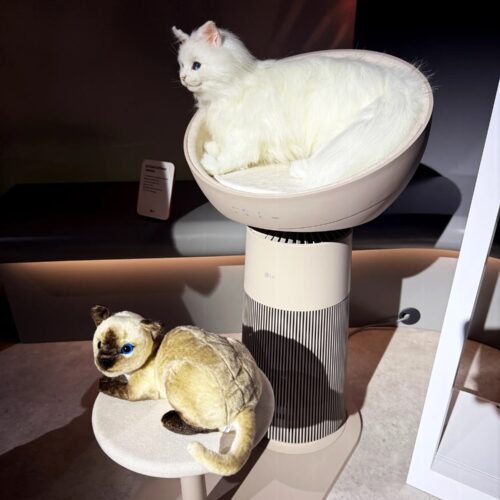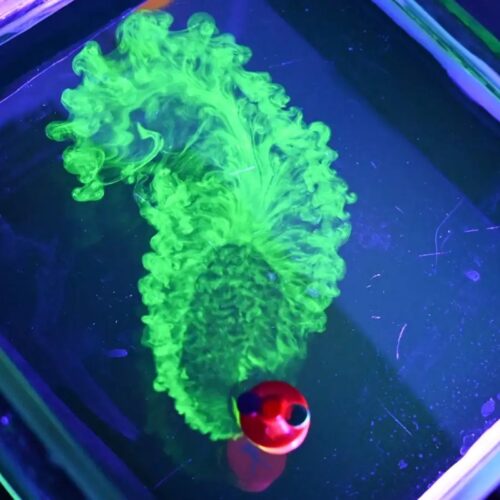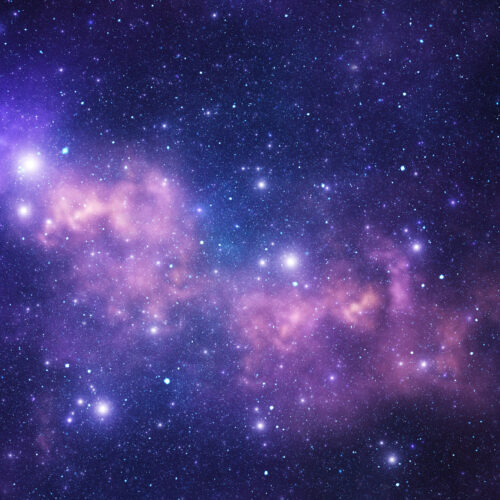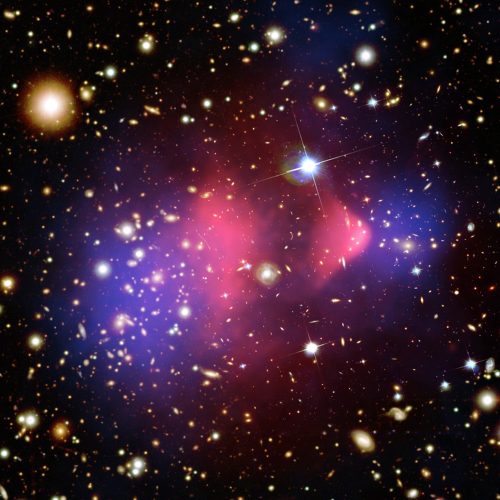Three bizarre home devices and a couple good things at CES 2025
Every year, thousands of product vendors, journalists, and gadget enthusiasts gather in an unreasonable city to gawk at mostly unrealistic products.
To be of service to our readers, Ars has done the work of looking through hundreds of such items presented at the 2025 Consumer Electronic Show, pulling out the most bizarre, unnecessary, and head-scratching items. Andrew Cunningham swept across PC and gaming accessories. This writer has stuck to goods related to the home.
It's a lie to say it's all a prank, so I snuck in a couple of actually good things for human domiciles announced during CES. But the stuff you'll want to tell your family and friends about in mock disbelief? Plenty of that, still.


© Verity Burns/WIRED UK




